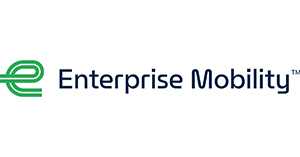Home
We welcome students and alumni of all identities and experiences. We are here to support and empower you,
wherever you are in your career journey, with a wide variety of resources, programs, and tools.
Featured

Find Out Where Diplomacy Can Take You All Majors and Backgrounds Have a Role to Play
Meet Dara Yin, the first Pacific Northwest Based Diplomat in Residence and Calvin Sherstan, Diplomatic Security Special Agent from the Seattle Resident Office. Take advantage of this new resource to learn about careers, paid internships, and fellowships that can expand your world.
April 29, 2024 | 2-3:00 p.m. | AW 204
Learn more on Handshake
Become a Peer Advisor!
Priority deadline is Monday, April 15th, 2024. Applications received after that will be considered until the position is filled.

Free LinkedIn Photos
Drop-in for a Free LinkedIn Photo Session on Tuesdays between 1-3:00 P.M.* (first come, first serve).
* Please note that some dates have alternative times, so be sure to check the webpage for the most up to date information.
Upcoming Workshops and Career Fairs
FEATURED RESOURCES
THANK YOU TO OUR EMPLOYER PARTNERS
TAQUOMA LEVEL



PAHTOE LEVEL






